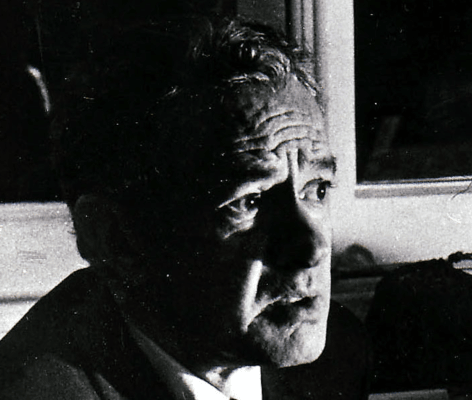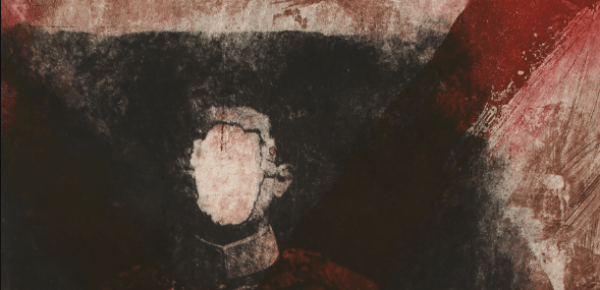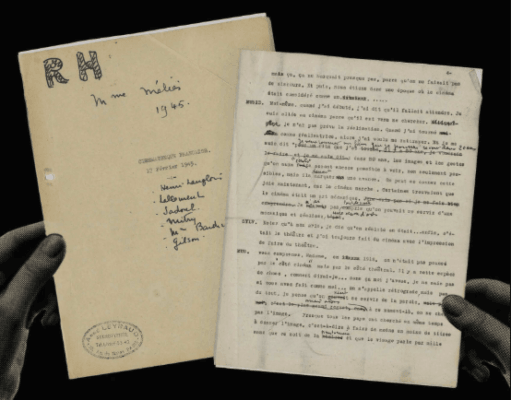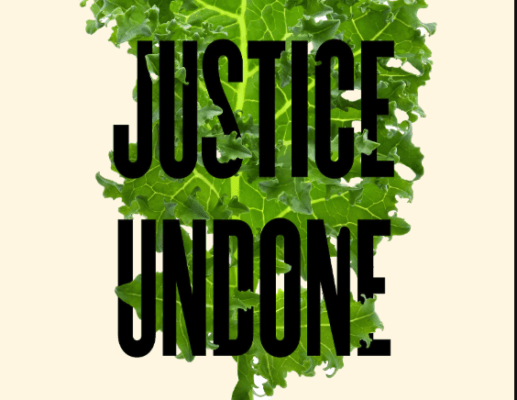1,405 Results

Q&A with Sérgio B. Martins, author of "Borderless Painting as Borderless Art"
Feb 13 2026
Author Sérgio B. Martins explains what the trajectory of Antonio Diaz's life and artwork reveals about the history of avant-gardism.
Read More
Excerpt from Keren Rosa Hammerschlag's "The Chosen Race"
Feb 13 2026
An exclusive look at Keren Rosa Hammerschlag's THE CHOSEN RACE with an intro by the author.
Read More
Erosive Forms and a Climate of Violence in the Work of Juan Rulfo: A Q&A with Mark Anderson
Feb 11 2026
Mark Anderson talks about his ecocritical analysis of Mexican writer Juan Rulfo.
Read More
How Transpacific Contemporary Art Reveals Imperialism’s Role in the Global Rise of Fascism
Feb 11 2026
Author Namiko Junimoto on how the work of transpacific contemporary artists exposes colonial trauma and the rise of aspirational fascism.
Read More
News: Recent UC Press Book Signings
Feb 09 2026
We're thrilled to announce a selection of our latest book signings!
Read More
Recovering Women’s Film History in the Archive
Feb 04 2026
How author Aurore Spiers recovered women's hidden labor in the film history archives and their contributions to French cinema.
Read More
Thirty Years of “Pacific Historical Review”: New Articles on Gray Wolves, US-Pacific Expansion, Iberian Transpacific Trade
Feb 03 2026
Preview the new Winter 2026 issue of "Pacific Historical Review."
Read More
What Food Justice Gets Wrong and How to Build a Better Movement
Feb 03 2026
Author Hanna Garth set out to document a radical, grassroots movement of residents fighting for food justice — but encountered a very different reality.
Read More
2025 FirstGen Gratitude Report
Feb 02 2026
As we head into this next year, we are proud of the FirstGen Program’s achievements and the accomplishments of our FirstGen authors. Here's a breakdown of our key 2025 milestones—by the numbers.
Read More
UC Press welcomes The Chemical Educator to its portfolio of journals
Jan 22 2026
The Chemical Educator is a peer-reviewed journal dedicated to advancing excellence in chemistry education.
Read More